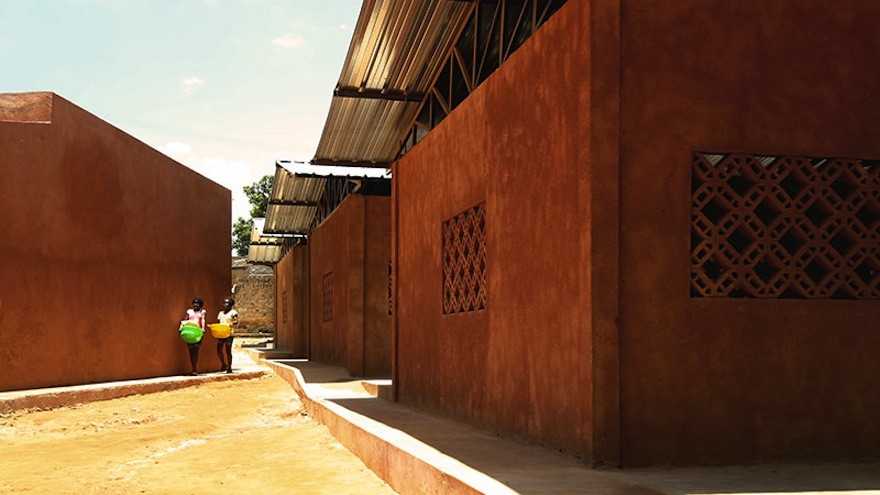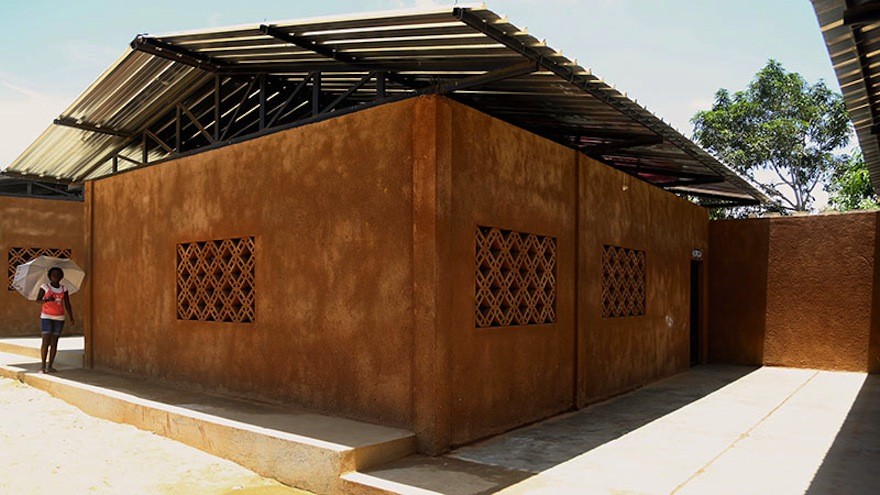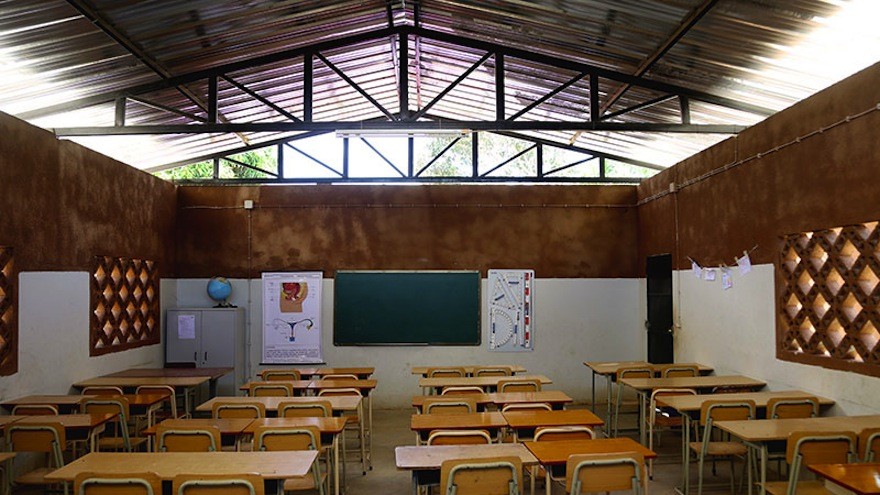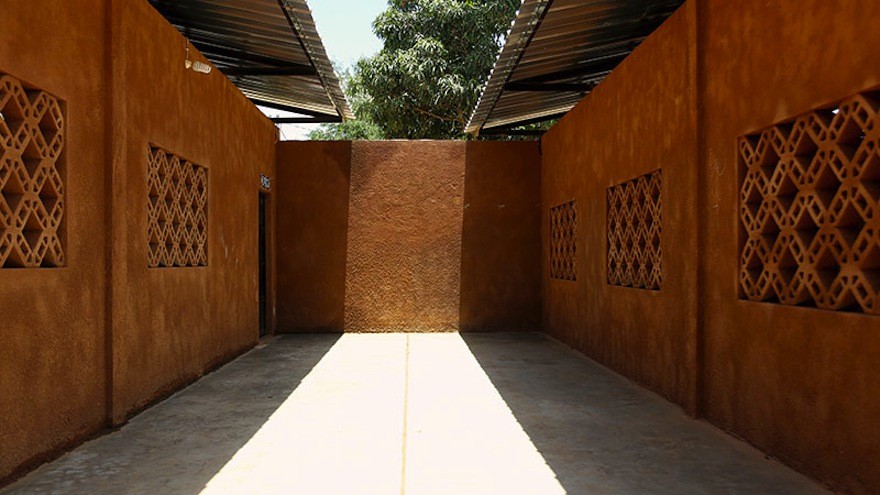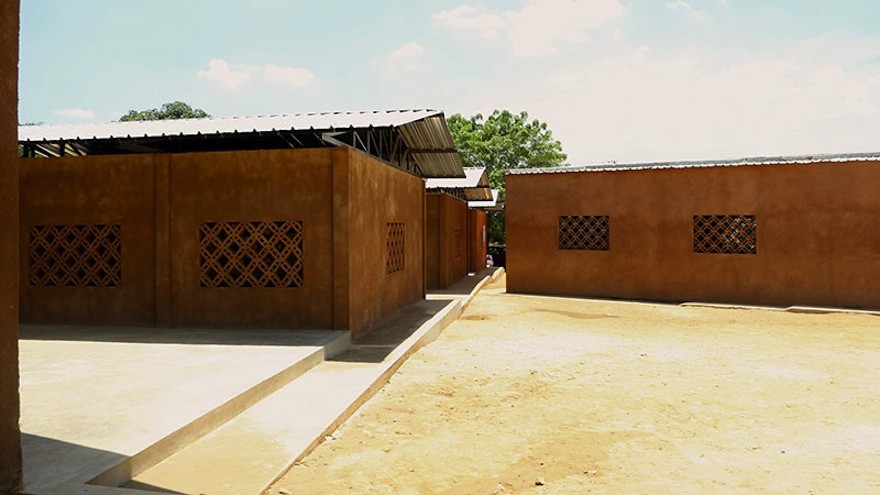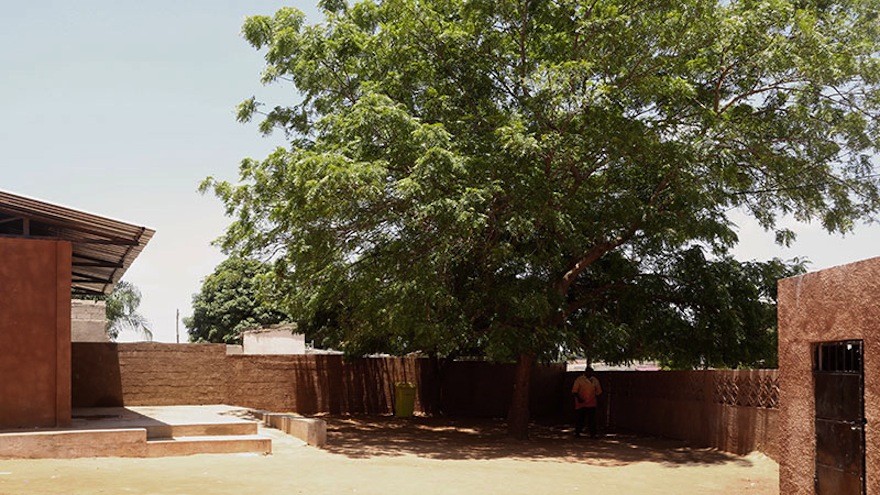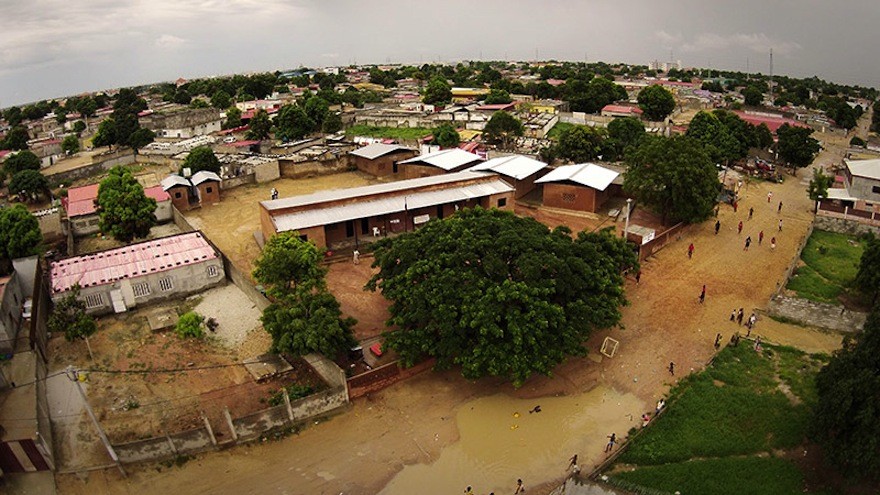From the Series
Children, teachers, guardians and neighbourhood residents in the Capalanga district in Angola found that there were approximately 120 000 people living in Capalanga and that 45 per cent of them were under 15. This amounted to 55 000 children desperately in need of school infrastructure.
There were only four primary schools to service the education needs of the Capalanga community. Parents and community members identified the access to education as the main need in their community, and appealed to the Angolan government and non-profit organisations for the construction of a school.
Piaget Development (APDES), a Portuguese NGO, the Japanese Embassy, and PARAQ Architects’ Paulo Moreira answered their calls. APDES aims to improve access to education in Angola through the physical rehabilitation of school structures and the implementation of new teaching methods. Moreira, a Portuguese architect living in Luanda, designed the school to be erected using low-cost construction methods, local resources, and traditional materials. Moreira designed the school to fit into the existing structures in the community.
Upon completion, the children named the school “Palankinha”. The school is expected to triple the number of teachers in the community’s schools, and increase enrolment to over 500 children in its neighbourhood.
The communitarian and participative dynamics involved in the school’s construction mark the Palankinha project as distinct. Not only did the parents appeal for the school upgrade but they were instrumental as labourers on the construction site.
A new library has been inaugurated at the Palankinha School. The library will benefit about 500 students.

